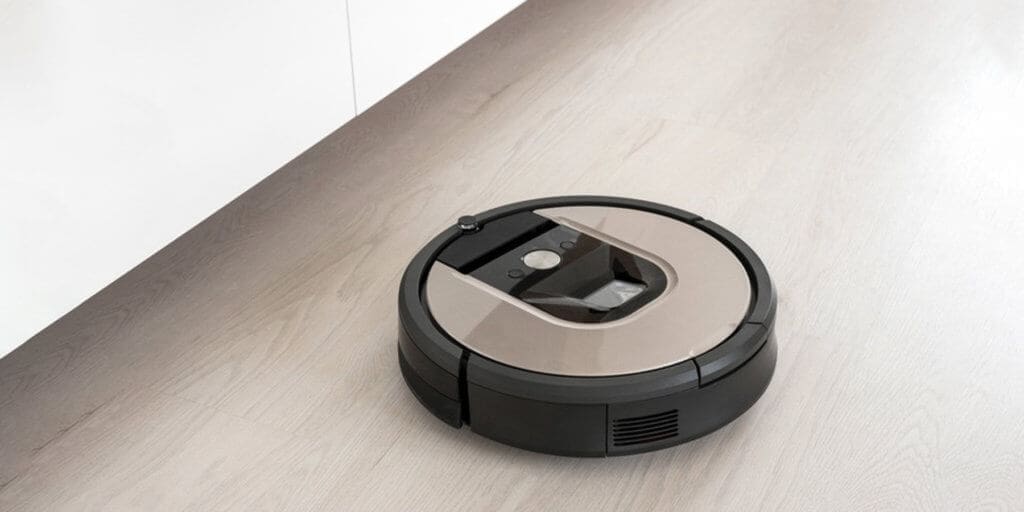Who is making moves in the robotic vacuum cleaner segment?
The specialist started by explaining how, about a decade ago, there were really only four players. Two of the biggest hurdles used to be marketing the fact that robotic cleaners existed in the first place and that they worked just as well, or better, than traditional vacuums. While Samsung and LG have since pulled out of this market, this leaves iRobot and Neato – for which the market has gotten bigger, with the pandemic acting as a catalyst.
Now, one of the biggest threats in this category is the entrance of “aggressive” Chinese companies. “When I say aggressive, they’ve come with very good products, very high features, unique features in some instances, and equally, they’ve come with aggressive pricing, too.”
Out of these, “Roborock have been probably the most aggressive protagonist in the market today.” A subsidiary of Xiaomi, mostly known as a smartphone manufacturer, “they have next to no infrastructure in Europe, so there’s no headcount cost or what I would call more traditional OPEX, CAPEX cost, just marketing, and that’s allowing them to be very aggressive.”
The specialist also explored the growth of robot cleaners versus the traditional category, noting the market share of the newer versus more established companies. In addition, how traditional vacuum cleaner companies could respond was explored.
To access all the human insights from Third Bridge Forum’s iRobot – consumer robotics trends & international opportunities Interview, click here to view the full transcript.
The information used in compiling this document has been obtained by Third Bridge from experts participating in Forum Interviews. Third Bridge does not warrant the accuracy of the information and has not independently verified it. It should not be regarded as a trade recommendation or form the basis of any investment decision.
For any enquiries, please contact sales@thirdbridge.com



